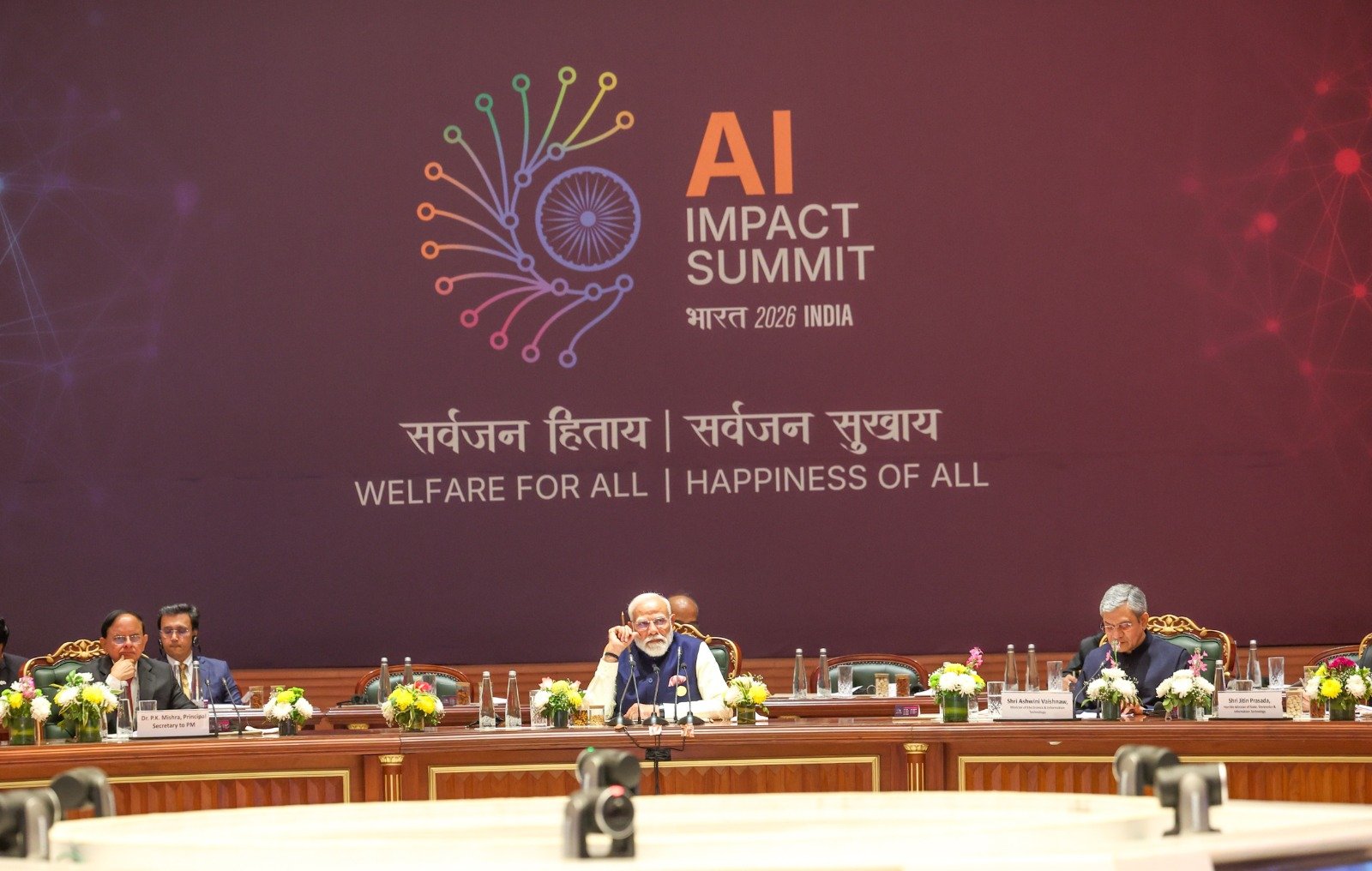
Beijing [China], April 3 (ANI): China has sharply criticized US President Donald Trump’s sweeping tariffs, vowing to implement “resolute counter-measures” in response to what it calls “unilateral economic bullying.”
Key Highlights of China’s Response:
- China’s Commerce Ministry urged Washington to immediately withdraw its unilateral tariffs and settle trade disputes through dialogue.
- The ministry stated: “There is no winner in a trade war, and protectionism leads nowhere.”
- Beijing accused the US of disregarding multilateral trade agreements and warned that the tariffs would harm global economic stability.
Trump’s Tariffs & China’s Economic Concerns
- Trump declared a national economic emergency and imposed at least 10% tariffs on all countries, with China facing a 34% tariff.
- The tariff rates for other countries include:
- India: 26%
- Vietnam: 46%
- Cambodia: 49%
- Japan: 24%
- EU: 20%
- The US justifies the tariffs under the “reciprocity” principle, claiming that trade imbalances harm American industries.
China’s Strong Criticism
- China argues that the so-called “reciprocal tariffs” violate international trade rules and have triggered backlash from multiple nations.
- A Chinese Commerce Ministry spokesperson said: “These tariffs are a typical act of unilateral bullying. Many trading partners have already expressed strong dissatisfaction.”
- Beijing also warned of global supply chain disruptions if the US continues its aggressive trade policies.
US-China Tensions Escalate
- Trump’s administration has previously imposed multiple rounds of tariffs on China, citing issues like:
- Trade imbalances
- Intellectual property theft
- China’s alleged role in fentanyl trafficking
- Trump’s “Liberation Day” economic plan seeks to counter China’s influence, but Beijing signaled that it will retaliate aggressively.
What’s Next?
- China is expected to introduce counter-tariffs on US goods, potentially impacting agriculture, technology, and manufacturing exports.
- A prolonged US-China trade war could destabilize global markets and force businesses to restructure supply chains.
With both sides refusing to back down, the next few weeks could determine the extent of economic retaliation. (ANI)







